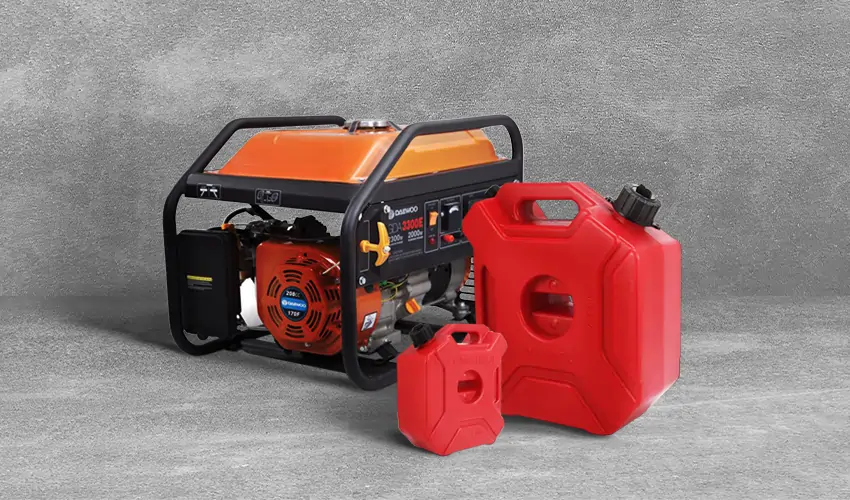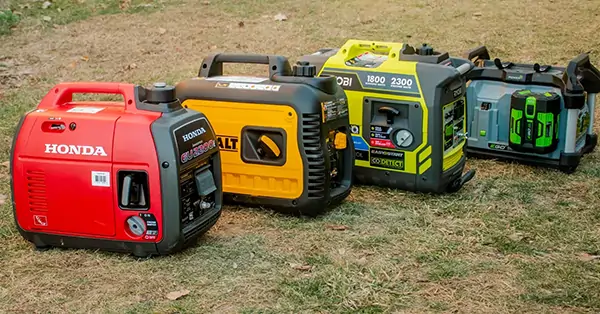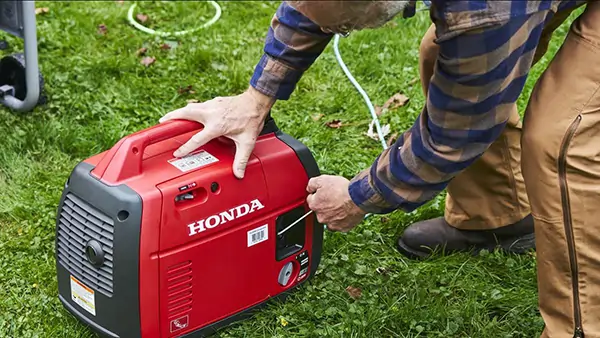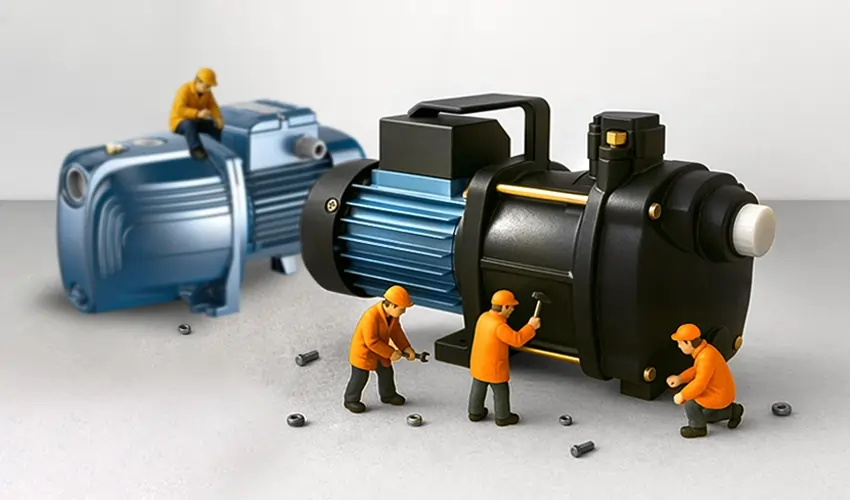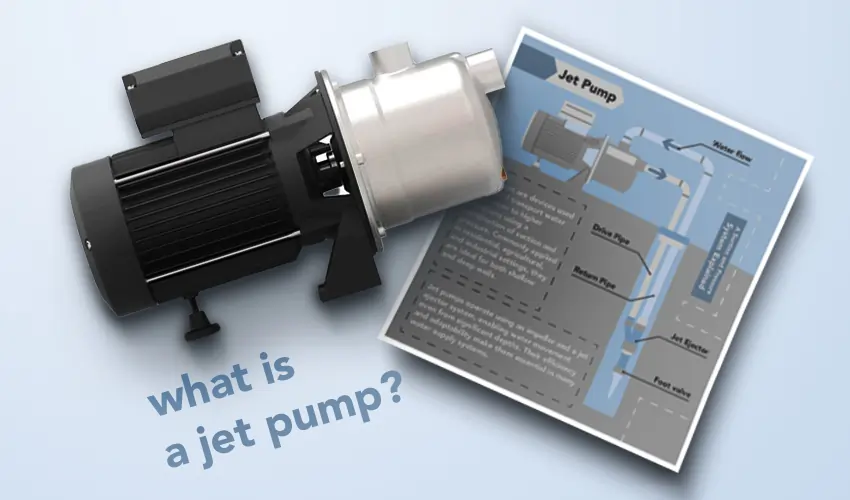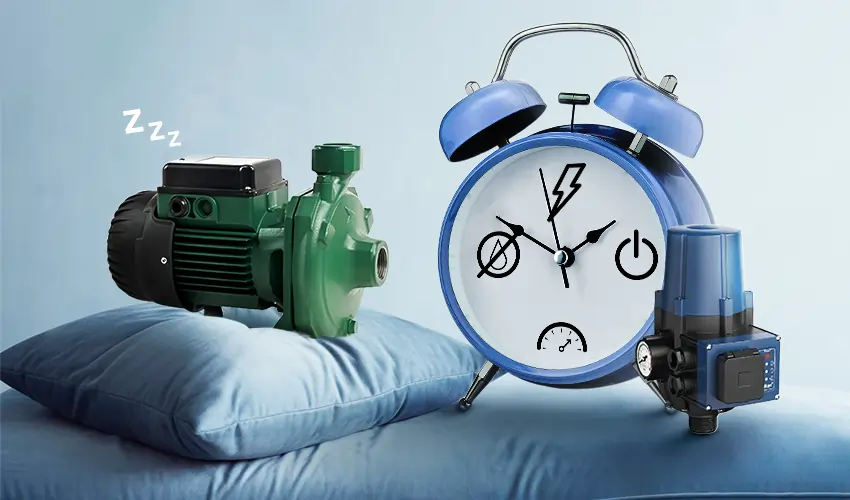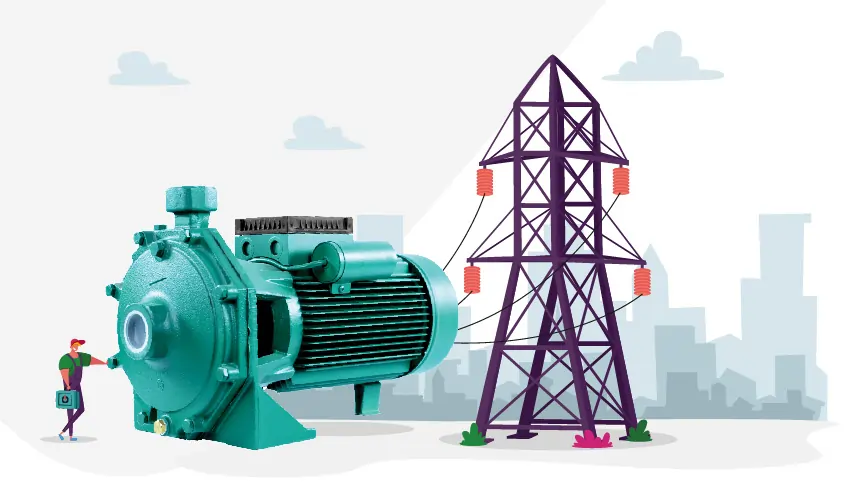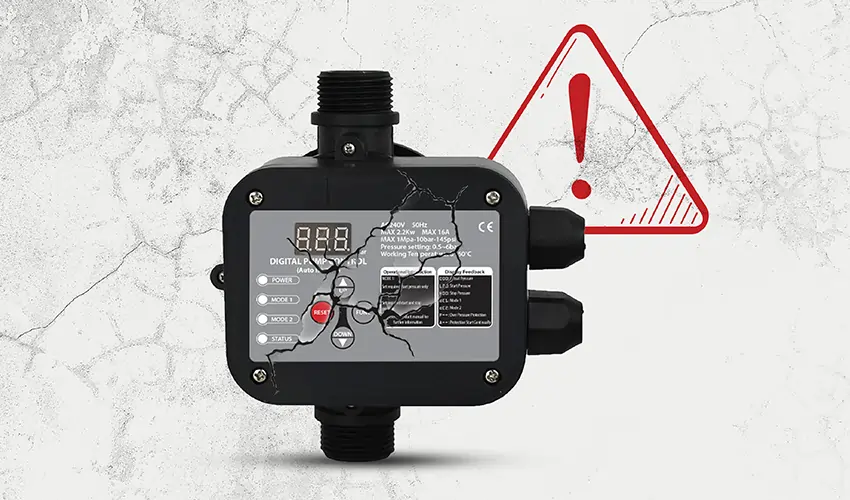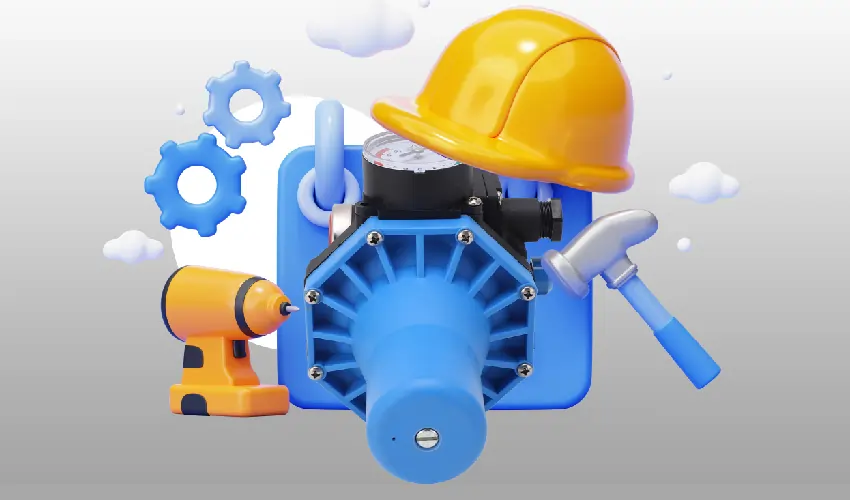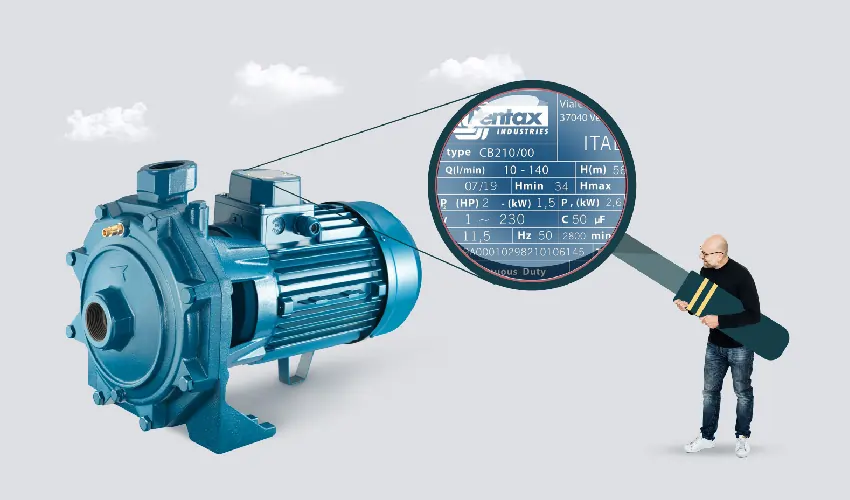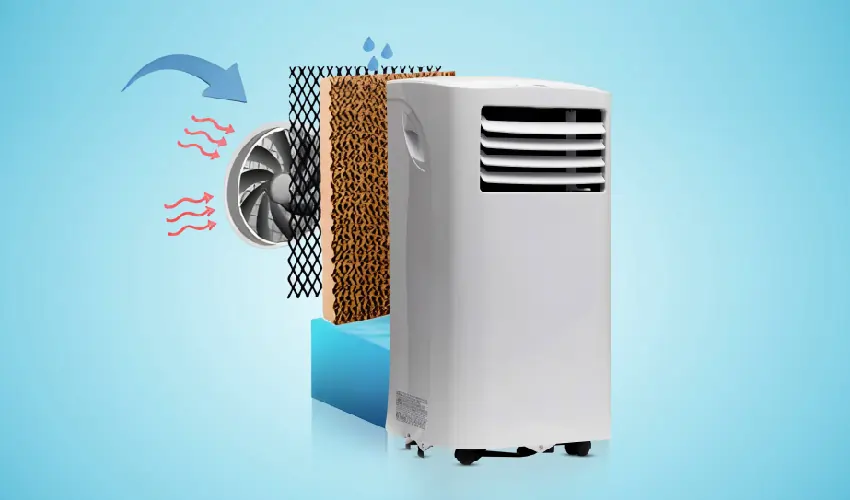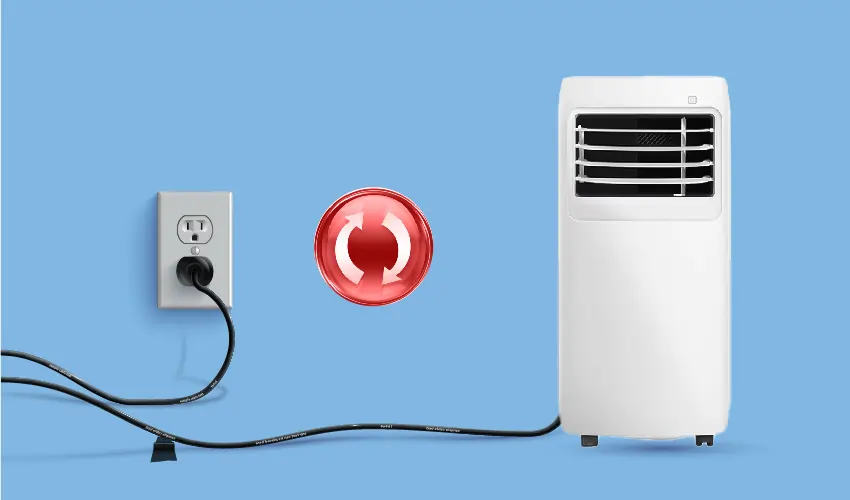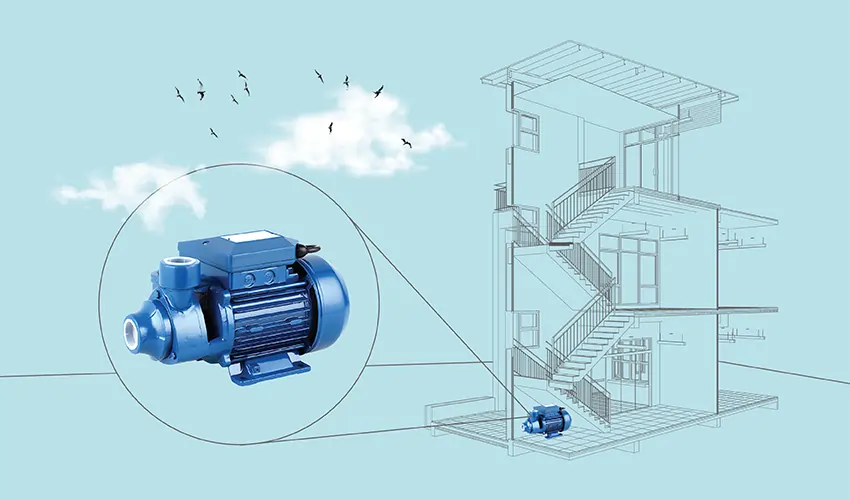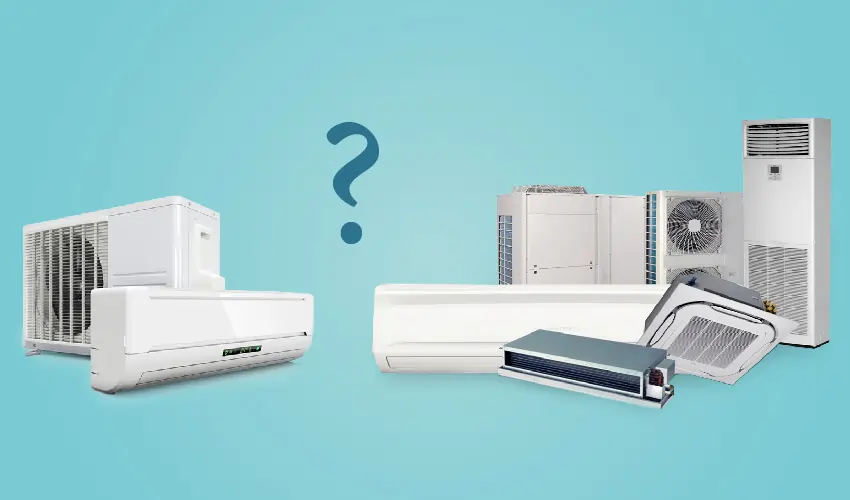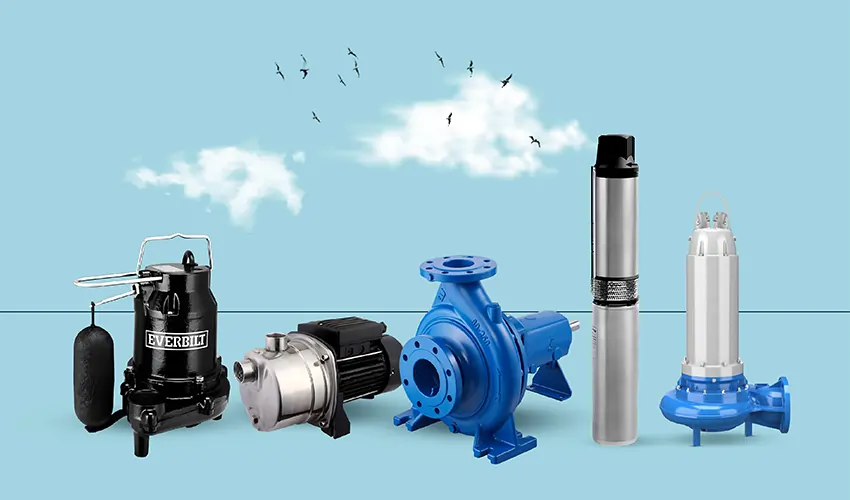Small Gasoline Generator Gasoline Usage
In the realm of small gasoline generators, understanding and optimizing gasoline usage is crucial for efficient and cost-effective power generation. The balance between load management, technological features, and regular maintenance plays a pivotal role in achieving maximum fuel efficiency and extended runtime.
What is Small Gasoline Portable Generator
A small gasoline portable generator is a compact power generation device that runs on gasoline and is designed for portability. These generators are commonly used in situations where a temporary or mobile power source is needed, such as during camping trips, outdoor events, construction sites, or as a backup power supply for homes during power outages.
Key features of small gasoline portable generators include:
Portability: These generators are typically compact and lightweight, making them easy to transport and move around as needed.
Gasoline-powered: They are fueled by gasoline, which is readily available and can be stored for long periods. However, it’s important to note that they should be operated in well-ventilated areas due to exhaust emissions.
Power Output: Small portable generators usually provide a relatively modest amount of power, ranging from a few hundred to a few thousand watts. This is sufficient for running small appliances, power tools, or charging electronic devices.
Versatility: They often come equipped with multiple outlets, allowing users to connect various devices simultaneously. Some models also include USB ports for charging mobile devices.
Ease of Use: Portable generators are designed to be user-friendly, with simple controls and easy starting mechanisms. Many models also come with features like automatic voltage regulation for stable power output.
Inverter Technology: Some small portable generators use inverter technology, which provides cleaner and more stable power suitable for sensitive electronics, such as laptops and smartphones.
Run Time: The run time of a small gasoline portable generator depends on factors such as fuel capacity and load. Some generators have fuel-efficient engines that can run for several hours on a single tank.
Fuel Efficiency of Small Gasoline Generators
The fuel efficiency of small gasoline generators can vary depending on several factors, including the generator’s design, engine technology, load capacity, and how well it is maintained. Here are some general considerations:
Inverter Technology: Generators with inverter technology are often more fuel-efficient than traditional generators. Inverter generators adjust the engine speed based on the electrical demand, optimizing fuel consumption.
Size and Capacity: Smaller generators tend to be more fuel-efficient when operating at lower loads. Running a generator at or near its maximum capacity may result in less fuel efficiency. It’s essential to choose a generator with an appropriate size for the intended load.
Engine Type: The type of engine in the generator can influence fuel efficiency. Modern, efficient engine designs may offer better fuel economy.
Throttle Control: Some generators come with automatic throttle control, which adjusts the engine speed based on the load. This can contribute to better fuel efficiency by preventing the engine from running at full speed when it’s not necessary.
Fuel Injection: Some higher-end generators may feature fuel injection technology, which can enhance fuel efficiency by delivering precise amounts of fuel to the engine.
Run Time and Tank Size: The run time of a generator on a single tank of gasoline is a crucial factor. Generators with larger fuel tanks may run longer, but this doesn’t necessarily mean better fuel efficiency. The runtime also depends on the generator’s load.
Maintenance: Regular maintenance, including clean air filters, proper oil changes, and overall engine upkeep, is essential for optimal performance and fuel efficiency.
How Long does Gas Last in a Small Generator?
The duration that gasoline lasts in a small generator depends on several factors, including the generator’s fuel tank capacity, the generator’s load (how much electrical power it is providing), and the generator’s overall fuel efficiency. Here are some general considerations:
Tank Size: The size of the generator’s fuel tank is a crucial factor. Larger tanks generally allow the generator to run for a more extended period. Common small portable generators may have tank sizes ranging from one to several gallons.
Load Level: The load on the generator significantly influences fuel consumption. If the generator is running at or near its maximum capacity, it will use more fuel than when running at a lighter load. Running the generator at a lower load can extend its runtime.
Fuel Efficiency: The design and technology of the generator’s engine play a role in fuel efficiency. Generators with features like inverter technology and automatic throttle control can optimize fuel consumption.
Generator Model: Different generator models have varying levels of fuel efficiency. When considering a generator, it’s helpful to review the manufacturer’s specifications for fuel consumption at different load levels.
Maintenance: Regular maintenance, such as keeping the air filter clean, changing the oil, and ensuring the generator is in good working condition, can contribute to optimal fuel efficiency. As a general rule of thumb, small generators can run for a few hours to several hours on a tank of gasoline. The runtime may vary from 2 to 8 hours or more, depending on the factors mentioned above. It’s important to check the manufacturer’s specifications for the specific generator model you have, as they often provide information about runtime at various load levels.
Tips For Reducing Gasoline Usage of Small Generators
Reducing gasoline usage for a small generator is not only economical but can also help extend the generator’s runtime, especially in situations where fuel availability may be limited. Here are some tips for improving fuel efficiency and reducing gasoline consumption:
Right Size Generator: Choose a generator that matches your power needs without being oversized. Running a generator at a lower capacity is generally more fuel-efficient than running it at or near its maximum capacity.
Inverter Technology: Consider a generator with inverter technology. Inverter generators adjust their engine speed based on the electrical load, optimizing fuel consumption. They are often more fuel-efficient than traditional generators.
Use Eco-Mode or Smart Throttle: If your generator has an eco-mode or smart throttle feature, enable it. These features adjust the engine speed according to the load, reducing fuel consumption when the demand for power is lower.
Regular Maintenance: Keep the generator well-maintained. This includes cleaning or replacing the air filter regularly, changing the oil at recommended intervals, and ensuring that all components are in good working condition. A well-maintained engine operates more efficiently.
Limit Idle Time: Avoid letting the generator run idle when not in use. If power demand is low or intermittent, consider turning off the generator until it’s needed again. Continuous idling consumes unnecessary fuel. Consolidate Loads: Run multiple appliances or devices simultaneously to make the most efficient use of the generator’s capacity. This minimizes the need to start and stop the generator frequently, improving overall efficiency. Monitor Load Levels: Be mindful of the power requirements of connected devices. Running the generator at a load closer to its rated capacity is often more efficient than running it with a very light load.
Fuel Stabilizer: If you anticipate storing the generator for an extended period without use, add a fuel stabilizer to the gasoline. This helps prevent fuel deterioration and ensures better performance when the generator is next used.
Use Fresh Gasoline: Always use fresh, clean gasoline. Stale or contaminated fuel can lead to inefficient combustion and reduce fuel efficiency. If possible, use gasoline with no ethanol content, as it tends to have a longer shelf life.
Consider Solar or Battery Alternatives: For certain applications, such as charging small electronic devices or providing light, consider using solar panels or rechargeable batteries. This can reduce the reliance on the generator for lower-power needs.
Conclusion
In conclusion, the gasoline usage of small generators is influenced by various factors, including the generator’s load, efficiency, maintenance, and technological features such as inverter technology. In this article we discuss about gasoline usage in small gasoline portable generator.

